Dealing with Dengue during COVID-19- The New Protocols Adapted by States
By Nmami Life Editorial 26-Jul 2020 Reading Time: 4 Mins

The government is continuously finding new ways to toughen the health care sector and services as the COVID-19 cases are increasing day-by-day. Amid this pandemic, a new challenge is evolved due to the wake of dengue.
Aedes aegypti, the mosquito that expands dengue is attacking people and many researchers have said that due to the rising mercury, dengue will keep increasing.
Many instructions and guidelines have already been issued by the government to ensure that this disease does not create problems in the outbreak of coronavirus. A sanitation drive was launched by the Punjab government to prevent the dengue or other vector-borne diseases.
In west Bengal, new guidelines have framed that help in differentiating among the symptoms of COVID-19 and dengue as both the diseases have pretty much parallel symptoms. These guidelines will help in better treatments to those suffering from both the diseases.
A health official said “Since early June, we have been witnessing cases of both Covid-19 and dengue from various districts and it becomes quite difficult to distinguish between these two diseases and that is why it is vital to fabricate protocols to ensure the accurate type of disease to treat it.
Special video conferences have been organised to train the health care workers in this matter to ensure the best facilities to the patients and to treat those patients who have been suffering from both the diseases.
Ways like abolishing the mosquito-breeding sites like old tyres, old thrash and things that can contain water will soon be executing to prevent the dengue. According to the World Health Organisation (WHO), 2019 was the worst year on record for dengue cases, with every region affected, and some countries were hit for the first time. According to the National Vector Borne Disease Control Programme (NVBDCP), 1,36,422 dengue cases were diagnosed in India in 2019 and an estimated 132 people died.
Fewer travelling can decrease the risk of both dengue and coronavirus. The Aedes mosquito bite in the daytime and taking safety precautions is the key to safe yourself from the disease. If you are staying at home, then it is extremely important to evacuate all the things that can contain water nearby you in order to save yourself from the mosquito bites.
Symptoms of dengue
- Fever
- Body Pain
- Headache
- Rashes
- Nausea
- Vomiting
Prevention is better than cure
- Wear long-sleeved clothes
- Use mosquito repellents cream
- Clean the stagnant water around you
- Use mosquito nets
Footnote
Both dengue and coronavirus are a harmful disease and it is quite important to pay care towards your surroundings to ensure proper prevention. Make sure you follow all the steps written above and keep washing your hands and use effective mosquito repellents and wear a mask while going out.
Stay Inside, Stay Safe!
0 thoughts on “Dealing with Dengue during COVID-19- The New Protocols Adapted by States”
Leave a Reply
Your email address will not be published. Required fields are marked *


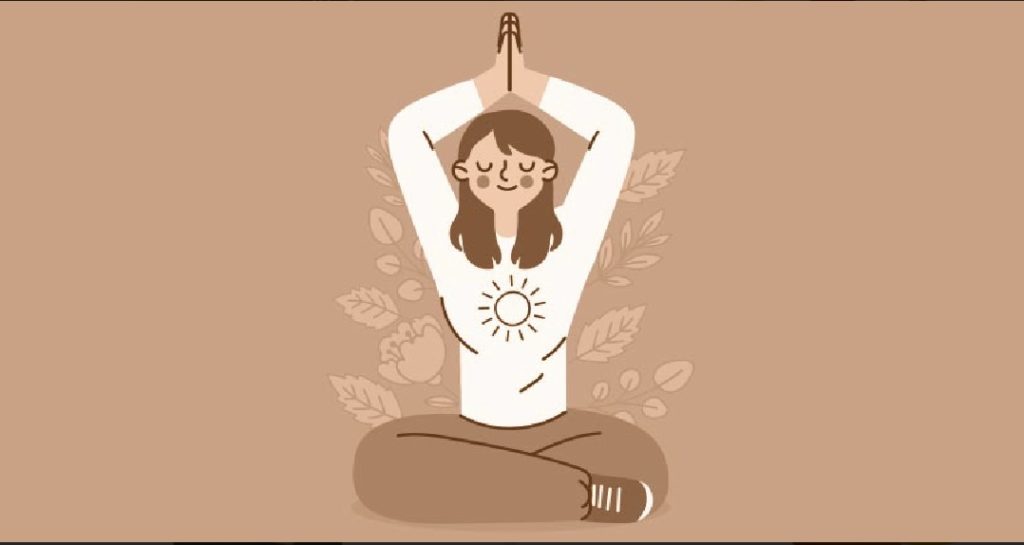


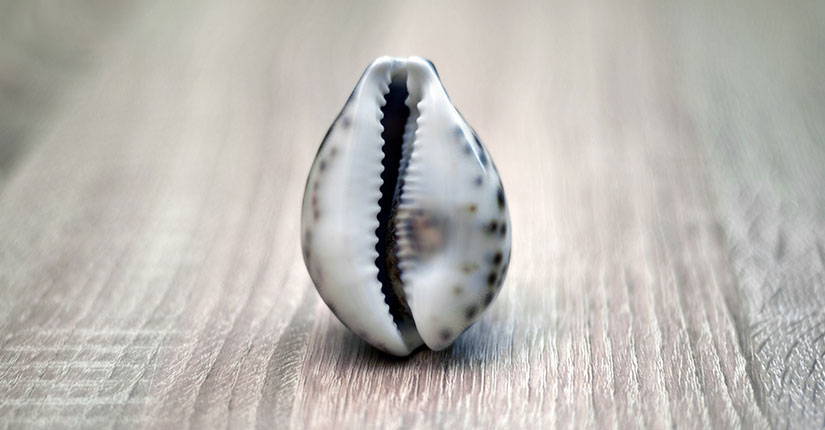

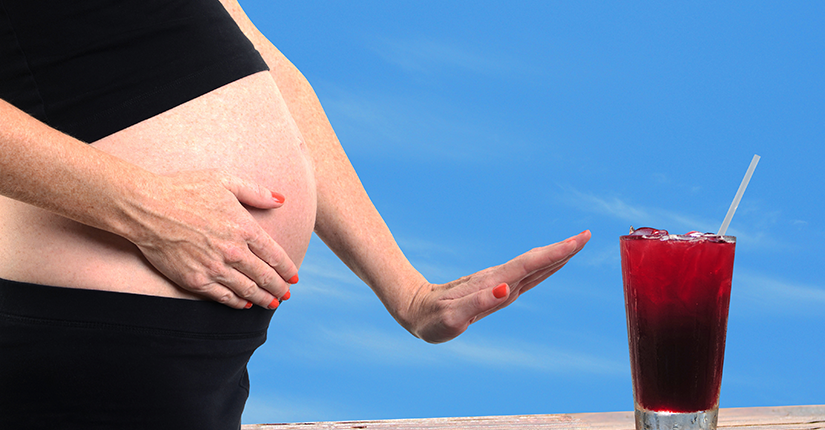



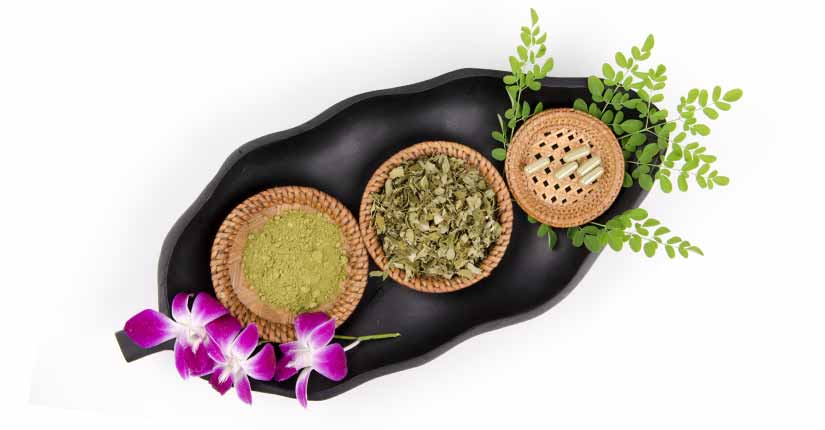

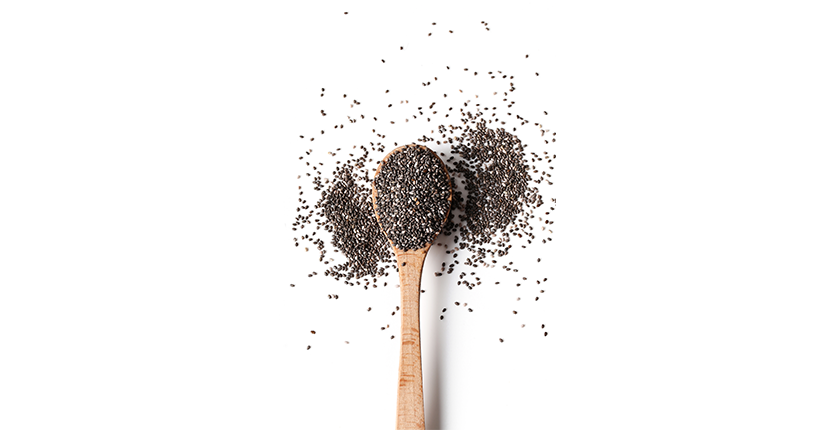
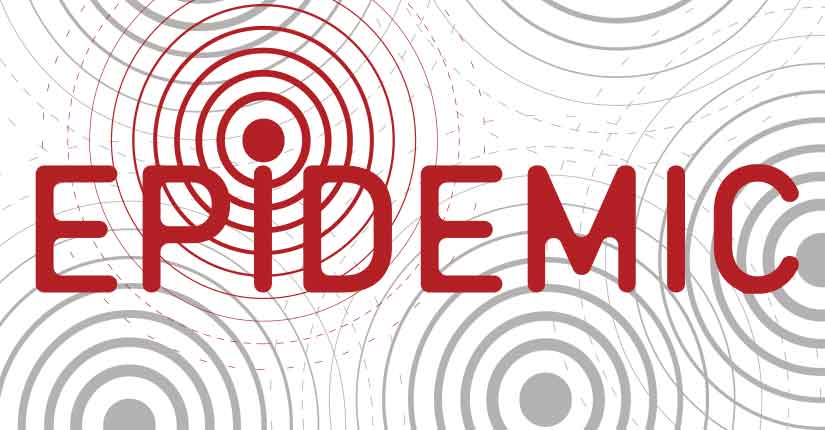




This is seriously a really important topic to be discussed upon. This disease is literally very brutal and has already taken lives of millions. It is really important for us humans to consider this seriously and help everyone staying safe. We must regularly take necessary precautions and safety measures. Not letting dirty water filled in pits and in flower pots. Dengue precautions are not that difficult to be taken care of. We need to get together collectively and fight out this dengue together.
Also, this message goes to the author, very well written content, nice and informative. Thanks for the information you provided.